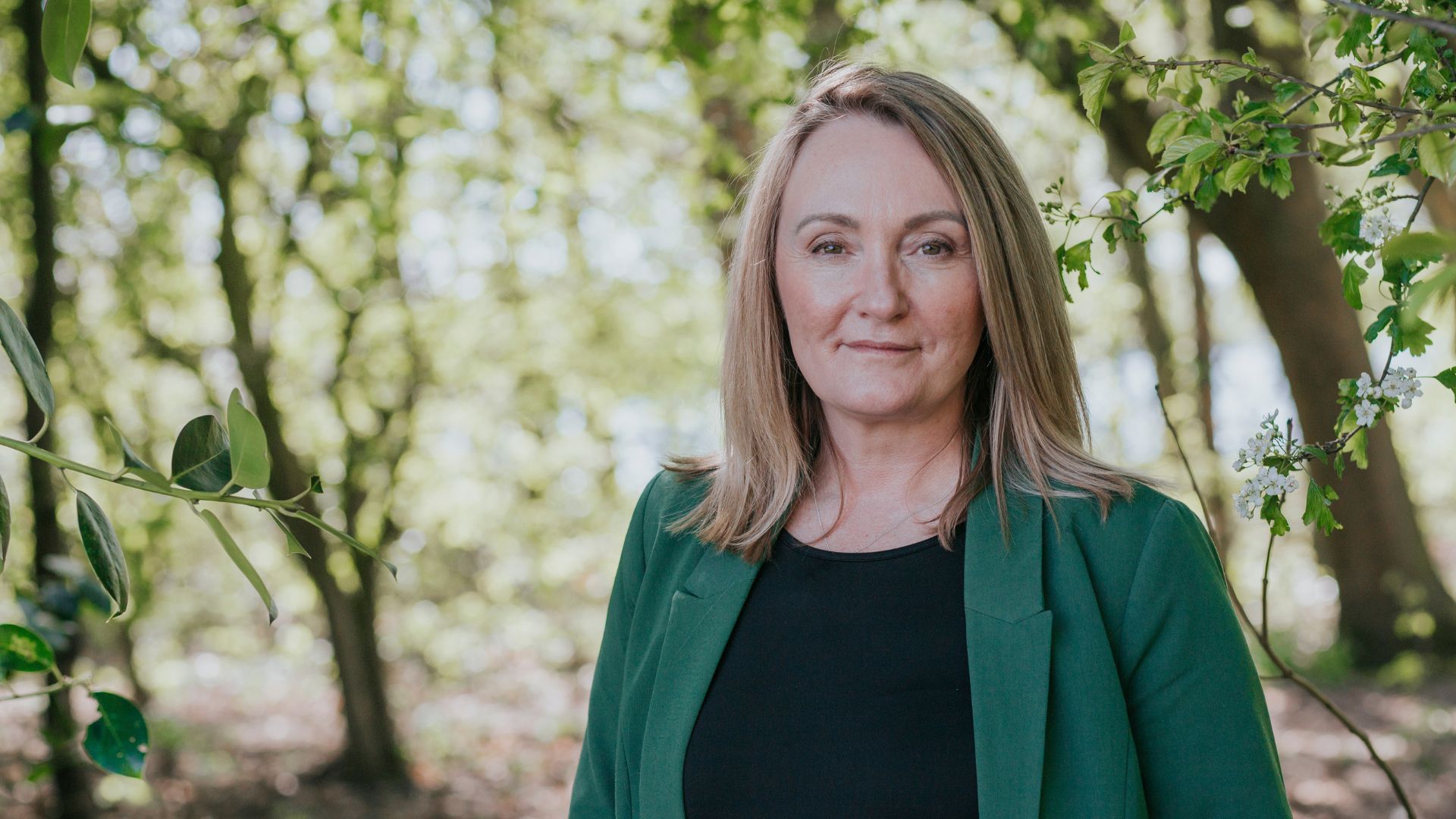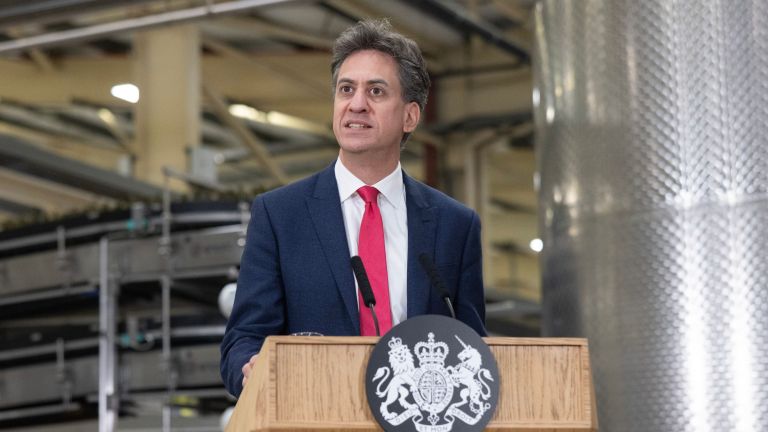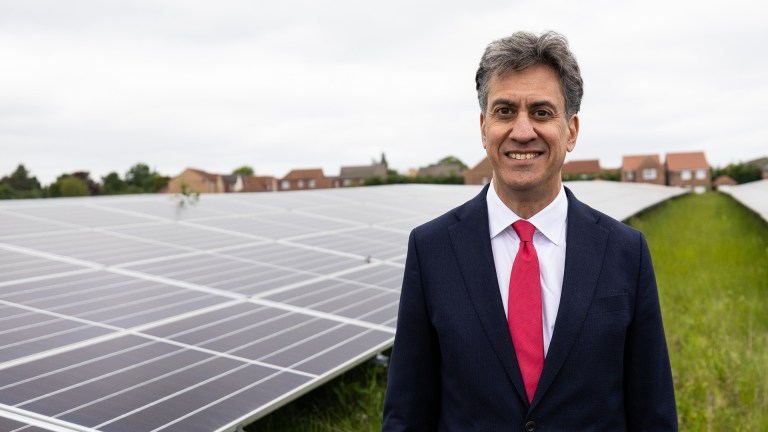For many, Covid feels like a long time ago. But for millions across the UK, it’s far from over. More than two million people – including children – are now living with long Covid. That’s more than the combined populations of Manchester and Birmingham, coping with a condition that has no cure, no protected NHS treatment pathway and no big charity fighting their corner.
Research from UCL shows long Covid disrupts daily life more than a stroke, and as much as Parkinson’s. People living with the most severe forms of long Covid are among the most overlooked in the healthcare system. Some are bed bound for months or years, unable to tolerate light or noise, too weak to sit up, speak, or eat without support. Families describe the devastation of watching loved ones fade into near-total incapacity, with little medical support and no clear path to recovery. They are left to pick up the pieces, while unpaid carers do their best to fill the gaps left by overstretched and under-resourced services.
I know this because I’ve lived it.
When I developed long Covid – not the most extreme form of long Covid, but a deeply challenging one nonetheless – I went through the same confusion and loneliness so many people face now. With no clear diagnosis, no real medical support, and little public understanding, it felt like I’d simply dropped off the radar. The brilliant Long Covid Support community gave me hope – but they’re a small team up against a big challenge.
Read more:
- ‘Being alive is utterly exhausting’: How Covid forced people out of work and onto benefits
- Poor women without education least likely to recover from effects of Covid, study finds
- I’m 18 and bed bound with long Covid. This is what it’s like to be held hostage by your own body
Long Covid cases continue to rise across the country, and for those already living with long Covid, reinfection can mean even greater deterioration. Many people are still waiting for recognition – let alone recovery.










